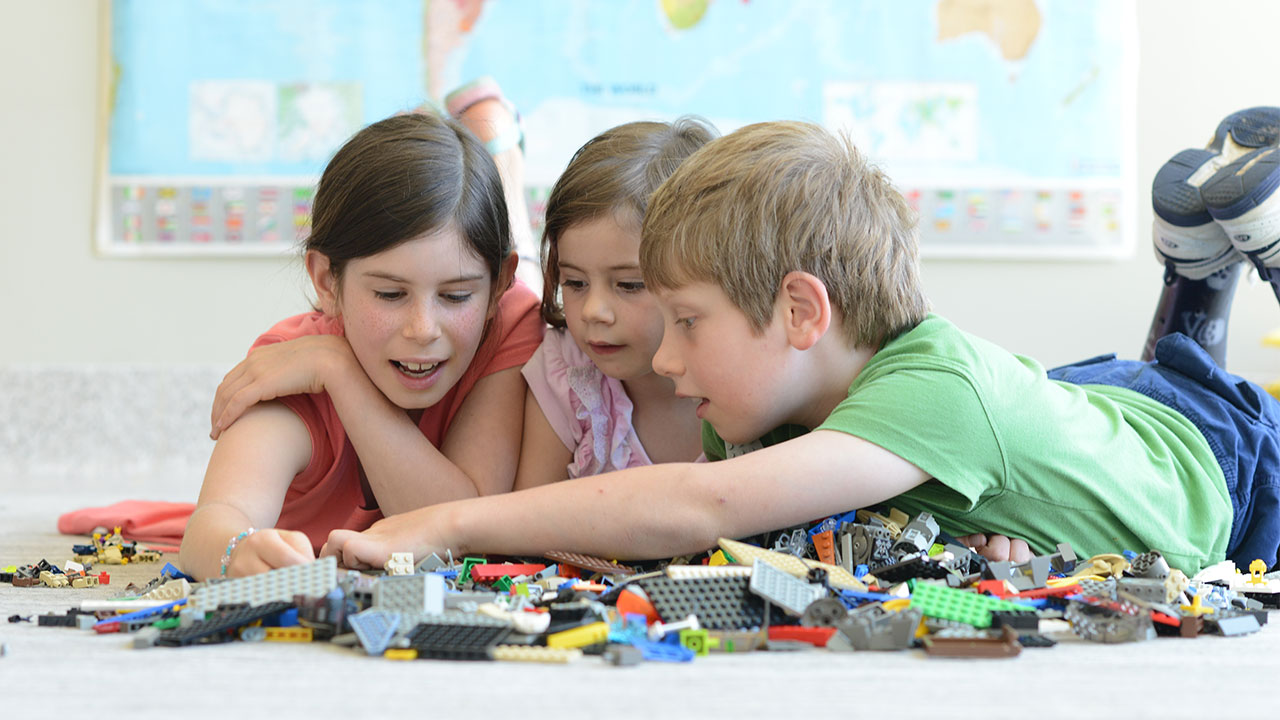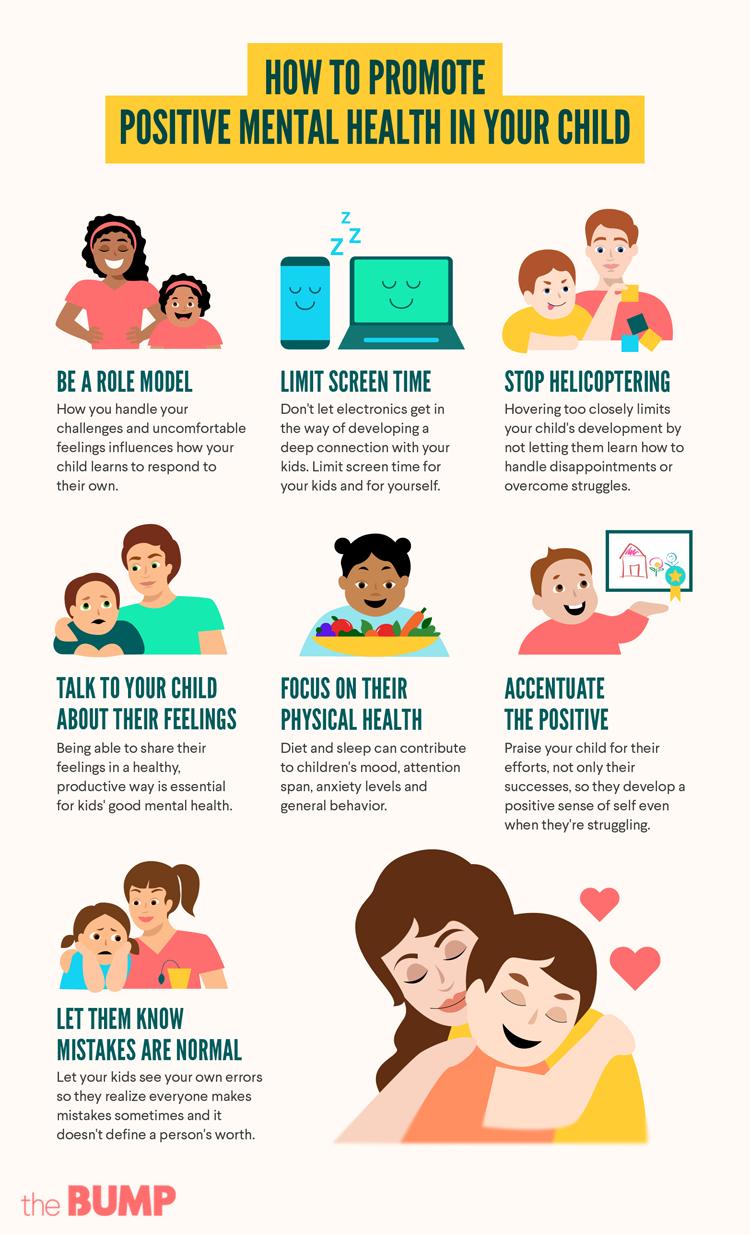
Nurturing Kids’ Mental Resilience

Cultivating Kids’ Mental Health: A Vital Foundation
Ensuring the mental well-being of children is a crucial aspect of their overall health and development. This article explores the significance of nurturing kids’ mental resilience and provides insights into fostering a positive and supportive environment for their mental health.
Understanding the Importance of Kids’ Mental Health
Kids’ mental health lays the groundwork for their emotional, social, and cognitive development. It influences their ability to navigate challenges, build relationships, and achieve academic success. Recognizing the importance of prioritizing kids’ mental health is essential for creating a foundation that supports their overall well-being.
Early Signs and Awareness
Awareness of the early signs of mental health issues in children is paramount. Changes in behavior, mood swings, difficulty concentrating, or withdrawal from social activities can be indicators. Being attuned to these signs allows parents, caregivers, and educators to intervene early, providing necessary support and resources for children facing mental health challenges.
Creating a Supportive Environment at Home
The home environment plays a significant role in shaping kids’ mental health. Establishing open communication, fostering a sense of security, and encouraging self-expression are key components of a supportive home environment. When children feel emotionally secure, they are more likely to develop resilience and coping mechanisms for life’s ups and downs.
The Role of Schools and Education
Schools play a crucial role in supporting kids’ mental health. Implementing programs that focus on emotional intelligence, mindfulness, and coping strategies contributes to a positive school environment. Educators also play a vital role in recognizing signs of mental health issues and collaborating with parents to ensure the well-being of every child.
Balancing Screen Time and Outdoor Activities
In the digital age, finding a balance between screen time and outdoor activities is essential for kids’ mental health. Excessive screen time can contribute to issues such as sleep disturbances and increased stress. Encouraging outdoor play, physical activities, and fostering connections with nature positively impact children’s mental well-being.
Nutrition’s Impact on Mental Health
Nutrition is a crucial factor influencing mental health in children. A balanced diet with essential nutrients contributes to brain development and overall well-being. Limiting sugary and processed foods while incorporating fruits, vegetables, and whole grains supports kids’ mental health by providing the necessary nutrients for optimal brain function.
Encouraging Healthy Communication
Effective communication is key to understanding and addressing kids’ mental health needs. Encouraging open conversations, active listening, and validating their emotions create a safe space for children to express themselves. This fosters a sense of trust and enables parents and caregivers to provide the necessary support.
Access to Mental Health Resources
Access to mental health resources is essential for addressing kids’ mental health challenges. Parents and caregivers should be aware of available resources, including counseling services, support groups, and educational materials. Early intervention and professional guidance can significantly impact a child’s mental well-being.
Exploring Kids Mental Health Solutions with Petunia Pickle Bottom
Explore resources and products aligned with kids’ mental health at Kids Mental Health. Petunia Pickle Bottom offers a range of items designed to support children’s mental well-being. Explore the link to discover innovative solutions for nurturing kids’ mental resilience.
Community Awareness and Advocacy
Creating awareness and advocating for kids’ mental health is a collective effort. Community engagement, educational initiatives, and open discussions reduce stigma and contribute to a supportive environment. By fostering a community that values and prioritizes kids’ mental health, we collectively work towards ensuring every child has the opportunity to thrive emotionally and mentally.
Empowering Kids for Lifelong Well-being
In conclusion, cultivating kids’ mental health is a vital investment in their lifelong well-being. By understanding the importance of mental resilience, recognizing early signs, creating supportive environments, and accessing resources, we empower children to navigate life with confidence and emotional intelligence. With a holistic approach that involves families, schools, and communities, we can ensure that every child grows up in an environment that nurtures their mental health and sets the foundation for a fulfilling and balanced life.







